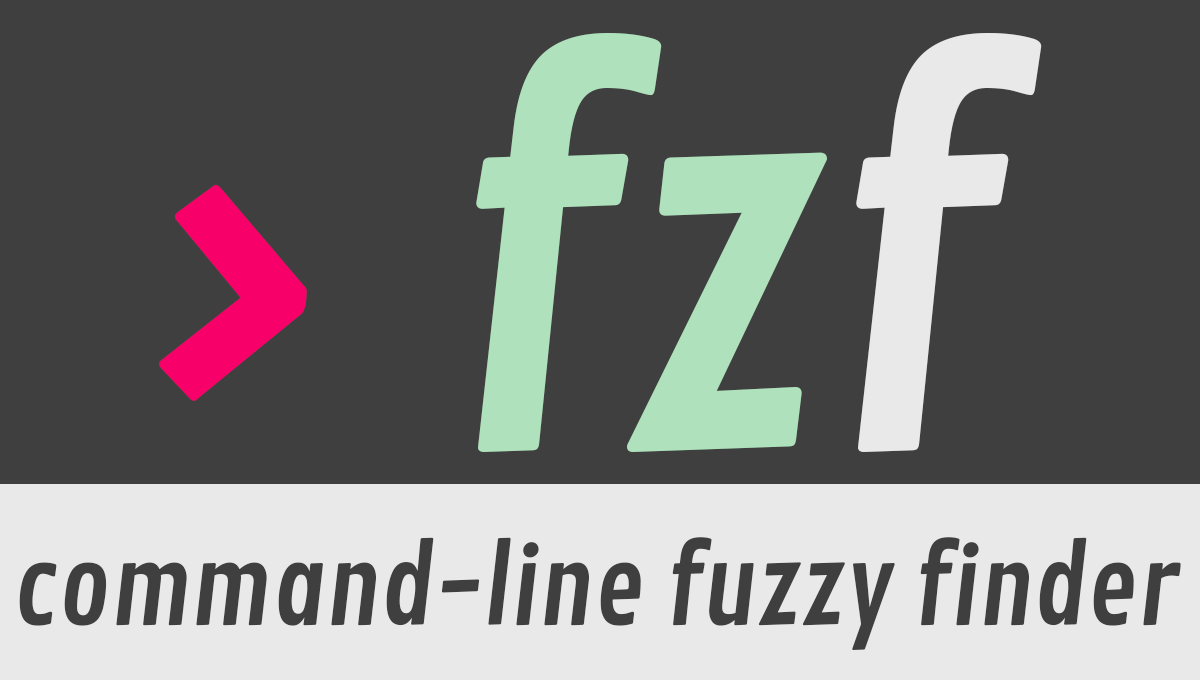What is crow?
crow (command row) is a CLI tool to help you memorize CLI commands by saving them with a unique description. Whenever you can't remember a certain command you can then use crow to fuzzy search commands by their description.
Installation
To install crow make sure you have homebrew installed and run:
brew tap sandstorm/crow
brew install crow
Note: crow has currently only been tested on Mac OSX and we therefore only compile it for mac. However if you have the rust tool chain installed you can still either clone the repository and build from source or install the package from crates.io (the package is not yet published, but will be soon). Technically crow should run on most UNIX systems and maybe even on Windows. As soon as crow has been tested on more systems we may provide additional compiled binaries.
Usage
Commands
crow- default command, runs crow in fuzzy search modecrow help- shows help informationcrow add <command>- adds a provided command and prompts the user for a descriptioncrow add:last- adds the users last used command and prompts for a description (note: onlybashandzshare currently supported)
Usage of the fuzzy mode
The fuzzy mode allows you to search, edit and delete your commands. Your commands are saved to ~/.config/crow/crow_db.json - so you could also manually edit that file. When you press enter on command, crow will exit and copy the command into your clipboard so you can use it where you need it.
mappings
| command | description |
|---|---|
| ↑ | Select previous command |
| ↓ | Select next command |
| mousewheel | scroll description |
| ctrl+f | find mode |
| ctrl+e | edit mode to edit current command |
| ctrl+d | delete mode to delete current command |
| ctrl+q | quit crow |
FAQ
Why the name
There are multiple reasons for this:
- I simply like crows
- c-row -> command row -> command line -> that seemed fitting to me
- Crows are very good at hiding things (e.g. peanuts), but also at finding them again. crow does exactly that, it "hides" your commands and helps you finding them, whenever you need them ;)
Isn't this just some glorified note taking tool?
Yes. :) - Technically you could store anything inside crow and if you are very well organized and able to fuzzy search your notes anyway, you might not gain that much out of using crow. However I like to have focused tools and to be able to quickly access stuff from the command line, which is why I built crow.








